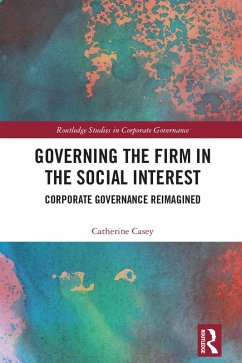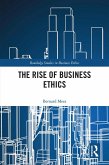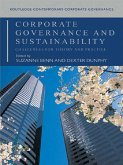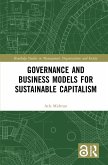Dieser Download kann aus rechtlichen Gründen nur mit Rechnungsadresse in A, B, BG, CY, CZ, D, DK, EW, E, FIN, F, GR, HR, H, IRL, I, LT, L, LR, M, NL, PL, P, R, S, SLO, SK ausgeliefert werden.
"Casey's critique of the governance of the firm takes us far beyond current law or corporate social responsibility nostrums. This book offers a rich critique of "desocialization" in the neoliberal enterprise... Invoking a philosophical tradition running from Hegel to the Pragmatists, she offers a compelling and sophisticated theoretical argument for resocialization via the recognition of workers as the moral owners of the firm's essential productive capacities. Casey's call widens and deepens our democratic imaginary." Paul S. Adler, Harold Quinton Chair of Business Policy, University of Southern California
"Under modern corporate law, capital investors are the firm's primary stakeholder. Casey proposes replacing investors with workers as the central stakeholder. This proposal goes far beyond the existing stakeholder view of organizations. People and their social connections, Casey argues, are the creators of value in the modern firm. Reimagining the firm around this contribution holds the potential to resolve a multitude of problems, from corporate political dominance to environmental degradation...Overall, the volume is a very high level and deep dive into the purpose of the corporation. It will be of interest to those seeking what is beyond the stakeholder view of the firm, but is not for the casual reader." S. Gove, University of Vermont









